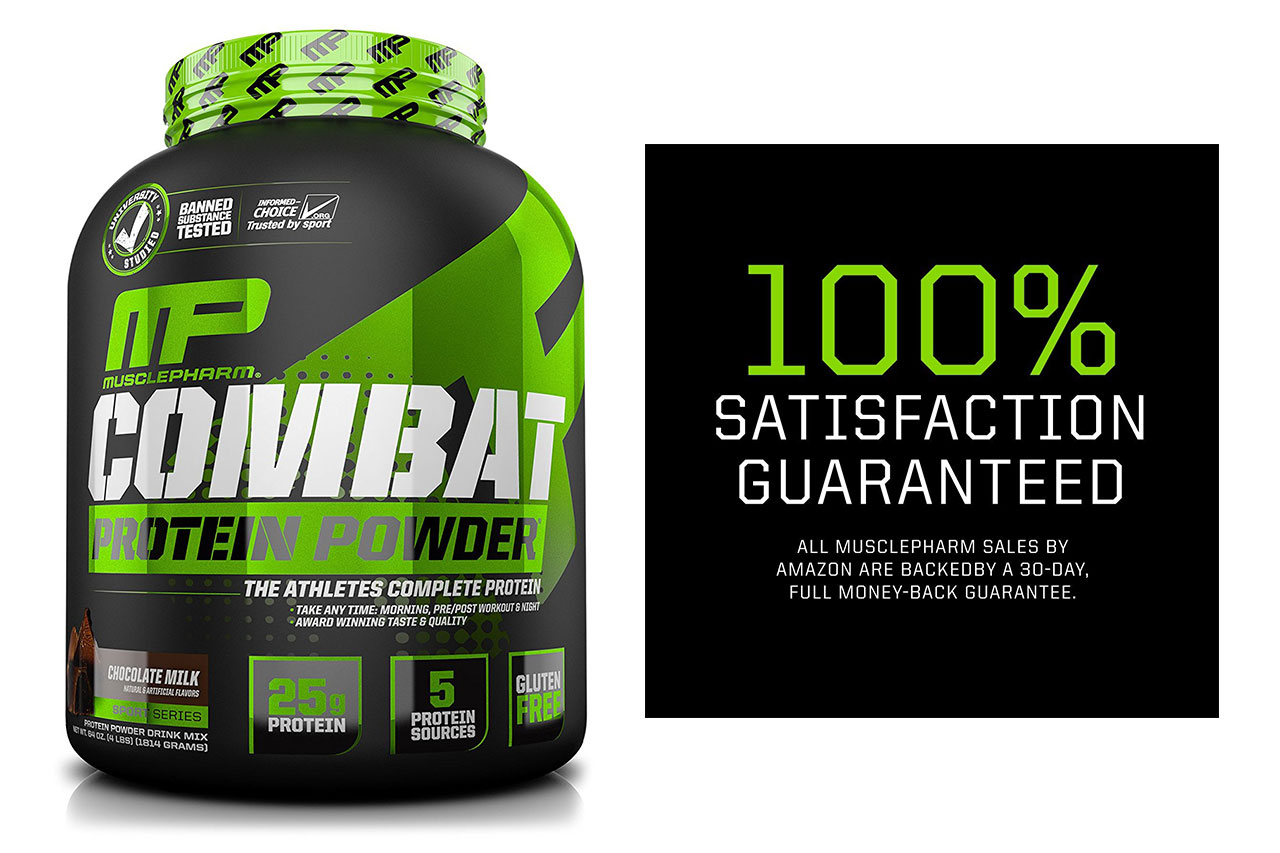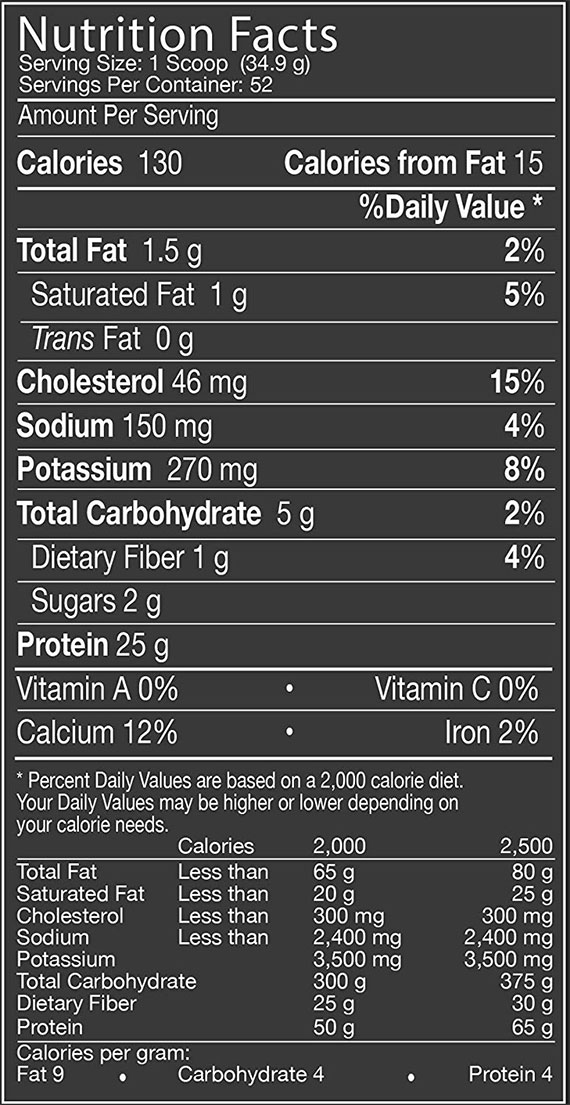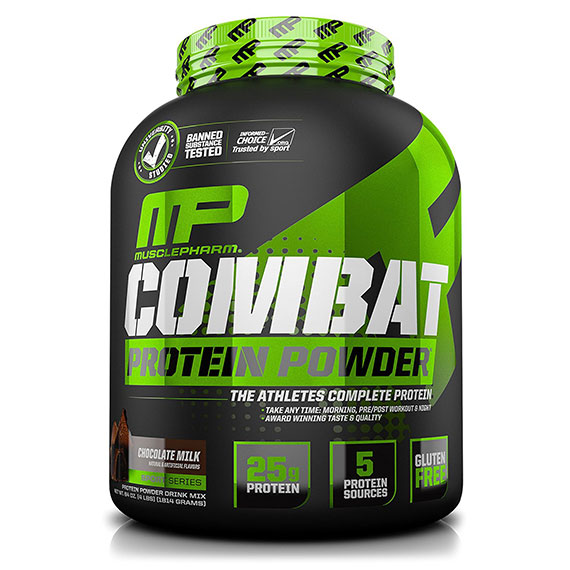In this first part of our articles on proteins, we will give you a brief look on the very basic knowledge you should have about protein- What it is, which foods are rich in it and how many grams of it you need a day.
What Is Protein And How Is It Involved In Our Nutrition?
Proteins are the basic building units of the cell structures in living organisms.
Before we get into any more information, it is worth mentioning that the most important thing about protein you should remember, is this- The role of protein in the body is to support the recovery, growth and development of the organism.
In order for the body to function properly and maintain its body weight, it requires a certain amount of amino acids every day.
Now, don’t get confused here, these amino acids are derived from the proteins which food or supplements contain, as our body digests the amino acids (the building blocks of proteins).
If your diet lacks protein for prolonged periods of time, the body responds with a compensatory reaction, expressed with loss of muscle mass, slowed growth, weakening of the immune system, etc.
On the flipside however, if there are excessive quantities of protein for long periods of time, possible function disruption of certain organs like kidneys and liver is possible, this, of course may lead to different diseases and a shortening of the individual’s lifespan.
Now that we have cleared out the importance of adequate long-term protein intake and how it may affect your health, we can move on to the next question on the topic.
Protein Rich Foods
In reality, every food contains a certain amount of protein, but the difference is in the biological value of that protein.
Animal products contain the full set of amino acids, but some plant products lack certain amino acids, which makes their value for the organism little to none.
The foods with the highest concentration of quality protein are-
Animal products
- Meat products
- Dairy products
- Eggs
- Sea food
Plants
- Beans
- Lentils
- Nuts
- Seeds
- Wheat
Each of these foods has a certain nutritional value and other factors like the amino acid profile, biological value, speed of digestion etc.
A question that may come up to mind is “Which is the best source of them all?”
However, there is no definitive answer to that, simply because each food gives the body a different amount of protein, which may be digested slower or faster, depending on the type of food.
Your best option is to bring diversity into your nutrition, before relying on protein powders- As we said in the beginning, before you purchase a tub of protein, make sure your nutrition is in check.
It is considered that animal products are superior to plant products, according to the comparison of their amino acid profile (Meat is richer in protein).
This is why, having meat in your diet is essential, especially if you are physically active and furthermore if you do strength training.
How Much Protein Do I Need Per Day?
Nowadays, besides all the food, the market offers a variety of protein supplements with endless options when it comes to taste and use.
The protein needs of every active athlete are significantly higher, compared to those of sedentary-based individuals.
According to the FDA, the recommended daily intake for such individuals is 1 to 1.5 grams per kilogram of bodyweight.
However, these recommendations are based on 2000 calories per day, and as we know, an active athlete burns way more than that, which is why the protein intake for athletes is up to 3 gr per kilogram of bodyweight, depending on the level of physical development.
Of course, this recommended intake is the TOTAL protein intake for the day (coming from food AND supplements).
However, you should consider the body has its limits when it comes to protein absorption, so, you should gradually consume your protein throughout the day, and of course, avoid consuming excessively.
Healthy nutrition means granting your body the protein it needs, by consuming the correct foods.
It is recommended that protein supplements are just a small part of your protein intake, but taken during key moments of need (morning, post workout), as this is how they will have the best effect upon the organism.
Protein Requirements
Sedentary Workers, People Who Do Little To None Daily Physical Activity
Due to the fact a majority of the population leads a sedentary lifestyle (Go to 9-5 job, get back home, feel tired, sleep, repeat), the accepted daily recommendation for protein intake for those people is no more than 1.5 grams per kilogram of bodyweight, as we already mentioned.
This is simply because the people leading such lifestyle have a significantly lower total daily energy expenditure and the muscle engagement is little to none (excluding basic motor tasks).
This is why, this group of people only needs 1.2~1.5 grams per kilogram and up to 2 grams if on a caloric deficit.
Fitness Enthusiasts (Amateurs)
This is the more active group of individuals, who are active throughout the day and go to the gym 3 to 5 times a week.
Simply because this group of people is more active overall and has a significantly bigger and more often musculature engagement, the body needs a bigger amount of protein per day to recover and function properly.
For fitness enthusiasts, the recommended daily intake is up to 2.2 grams per kilogram.
Professional Athletes
This is the most active group of people, who have specific training goals in mind and chase them towards a competition.
The amount of protein needed for such athletes depends on many factors like the type of training and the period, in which the athlete is (off-season or cutting period).
Usually, professional athletes’ bodies can digest way more protein than the usual gym rat, due to the higher level of androgen hormones, growth hormone, etc.
The usual daily intake of professional athletes sometimes exceeds 2.5 grams per kilogram.
Important note
The most important thing to remember is that if you are in a period of time eating at a caloric deficit, your body’s protein requirements increase, so that it can maintain the muscle mass during the conditions of deficit.
In this case, a higher protein intake is required so that it can join the energy metabolism and not only cover the recovery needs of the body.
Protein Intake On Training And Rest Days
There have been a lot of discussions going on about muscle recovery after a workout and even at the moment, there’s a mist above that discussion, but at least we know rough recommendations for athletes’ protein intake, depending on their level of physical development.
So, let’s just say this with simple words-
Beginners and intermediates should not have a distinctive difference in their protein intake on active/rest days.
For advanced natural athletes, the amount of protein that exceeds the minimum recommended amount, is not shown to have significant effects upon recovery.
Protein And Training
- Moderate protein intake (20-30 gr), combined with some carbohydrates and fats 60-90 minutes before workout, will lead to an increase of muscle mass, however, 40-50 gr will have just the same effect.
-This combination also reduces muscle damage and slows down the exhaustion of muscle glycogen during workout.
- Protein/carb consumption up to 3 hours after workout reduces recovery time of the muscle glycogen, leads to a bigger insulin response and promotes hypertrophy
- Essential amino acids intake after workout maximizes muscle growth
Benefits And Risks Of High-Protein Nutrition
Health risks of high-protein diets
- It is considered that high-protein diets, done for prolonged periods of time, slowly put more and more load on the kidney functions and worsen the liver metabolism
- Reducing protein intake for people with kidney issues improves kidney function
- Increases bone calcium loss
Benefits of high protein diets
- Increased sense of satiety
- Improved control over appetite during times of caloric deficit
- Increased energy expenditure due to the high thermal index of protein foods- This means high protein intake is recommended for weight loss
- Reduces risk of heart diseases
Health risks linked to low-protein diets
- Reduces calcium absorption and therefore has an effect upon bone density
- Harder control over appetite
- Lower immunity
What Happens With The Excess Protein?
The body uses all the required amino acids for its needs and after that, the excess protein is metabolized as energy, to regulate the acid-base balance and get rid of the excess nitrogen in the organism.
Conclusion
Now that we know the very basics of protein, we can say that neither high protein, nor low protein diets are recommended for prolonged periods of time, as both may have certain side effects upon the organism.
Our best recommendation for you would be to find the perfect balance of protein-rich foods and supplements in order to fulfill your body’s daily needs and help it optimally recover.
MeanMuscles Recommendation: MusclePharm Combat Protein Powder
MusclePharm Combat Protein Powder
Essential blend of Whey, Isolate, Casein and Egg Protein with BCAA’s and Glutamine for Recovery, Chocolate Milk, 4 Pound



